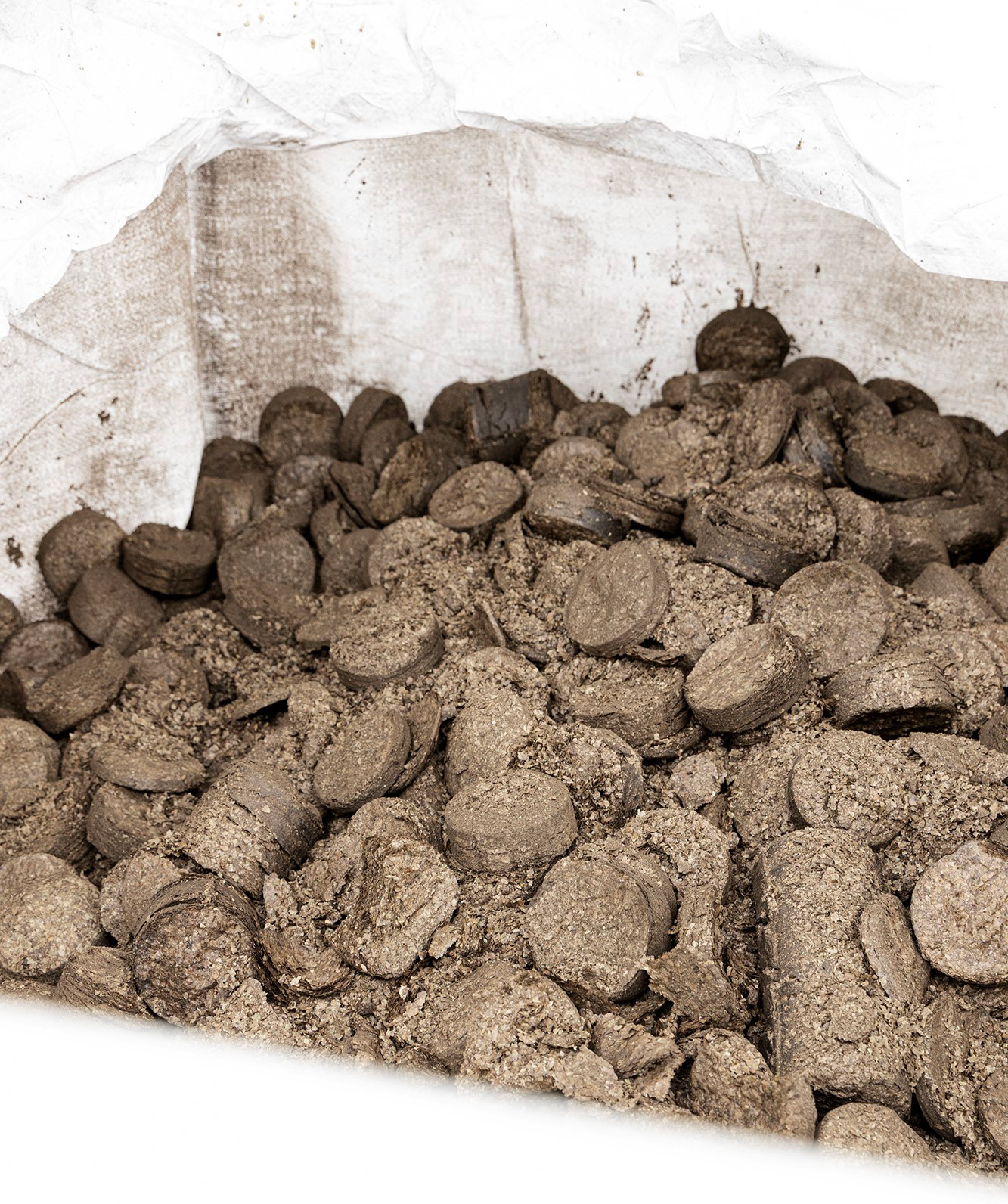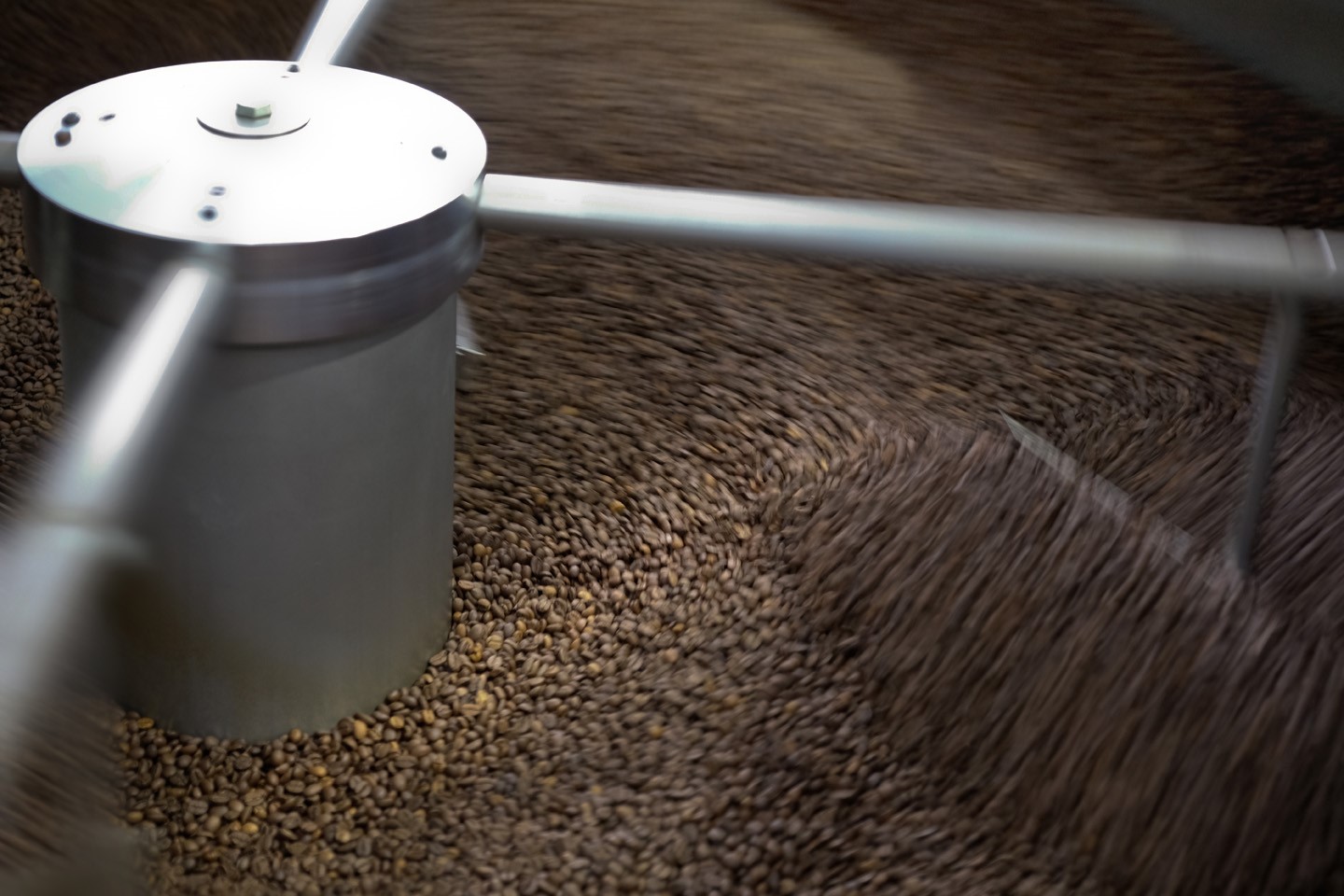Italian National Agency for New Technologies, Energy and Sustainable Economic Development

Nutrition: Value added bakery products from coffee waste
Using coffee roasting industry waste as an high added value food ingredient in baked products would lower the environmental impact of processing by 73%[1] and cut the disposal costs incurred by companies in half, as shown by an ENEA study on the economic and environmental sustainability of the disposal of silverskin, the major organic waste from coffee roasting which roasters are obliged to convert into compost. The research was conducted as part of the European Biocircularcities project and its results were published in the journal Sustainability.
“A life cycle analysis has highlighted that food use of silverskin would avoid approximately 250 kg of CO2 equivalent for each ton of flour replaced with coffee bean waste, equal to an amount of CO2 that can be absorbed from 22 trees. Instead, its valorization as compost determines the emission of approximately 236 kg of CO2 equivalent and its environmental impact is not compensated by the advantages of using the compost obtained instead of synthetic fertilizers", explained Giuliana Ansanelli, ENEA researcher and co-author of the study with Gabriella Fiorentino and Amalia Zucaro at the ENEA Laboratory of Technologies for the Reuse, Recycling, Recovery and Valorisation of Waste and Materials.
“On the economic side, the outcomes of the Life Cycle Cost Analysis indicate that the Campania roasting company analysed in the study can achieve a 60% reduction in the costs of silverskin disposal, from €448 /ton to €190/ton, if valorised as a functional ingredient rather than as compost", pointed out Gabriella Fiorentino.
In 2019, the agro-industrial sector of the Metropolitan City of Naples generated approximately 30 thousand tons of organic waste, of which almost 3% from coffee roasting companies (mainly silverskin). “Currently this organic waste is sent to composting plants, with high treatment costs. Since Campania lacks infrastructures for the treatment of the organic fraction it would be desirable to identify alternative methods of coffee roasting waste management, in accordance with the principles of circular bioeconomy and industrial symbiosis, which allow to lower the environmental impact, the disposal costs incurred by companies and the region and the pressure on composting plants”, said Amalia Zucaro. “Our study – she said – shows that the use of silverskin in baked products could represent a valid solution benefiting not only the environment and the economy but also the health of consumers, given that it is rich in fiber ( 35%), proteins (19%) and antioxidants”.
Despite encouraging results, silverskin must first pass the approval procedure to be used in commercial food products[2]. To date, the procedure has not yet been completed, despite numerous studies having highlighted low risks and many benefits linked to its consumption.
For more information:
Notes
[1] The avoided production of flour, replaced by silverskin, lowers the impact on the environment by 73%.
[2] This procedure, established by Regulation (EU) 2015/2283, is supervised by the European Commission (EC) and involves verifying the absence of chemical and biological contaminants that could have harmful effects on human health. In addition, the EC could request the European Food Safety Authority to conduct a risk assessment for additional consumer protection.


